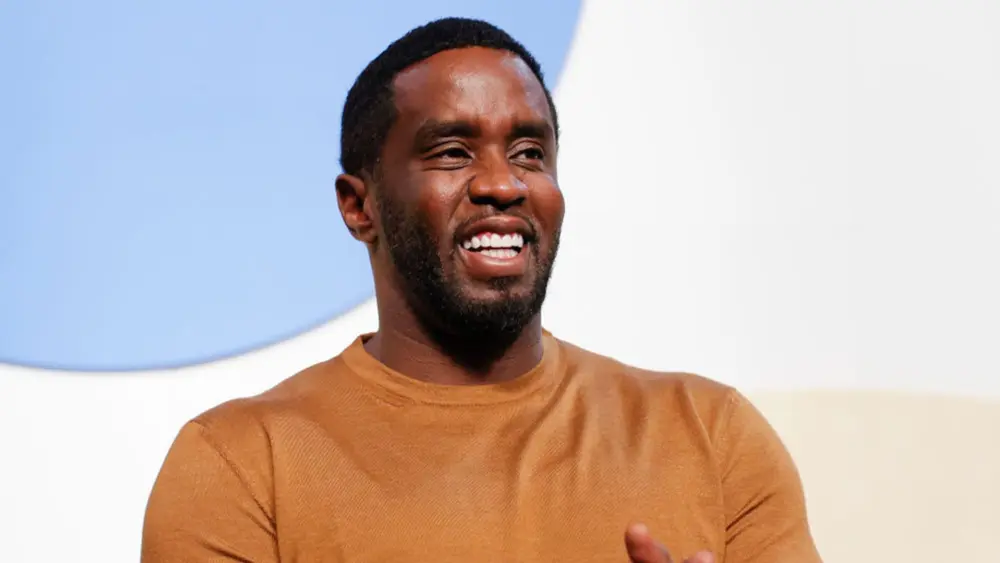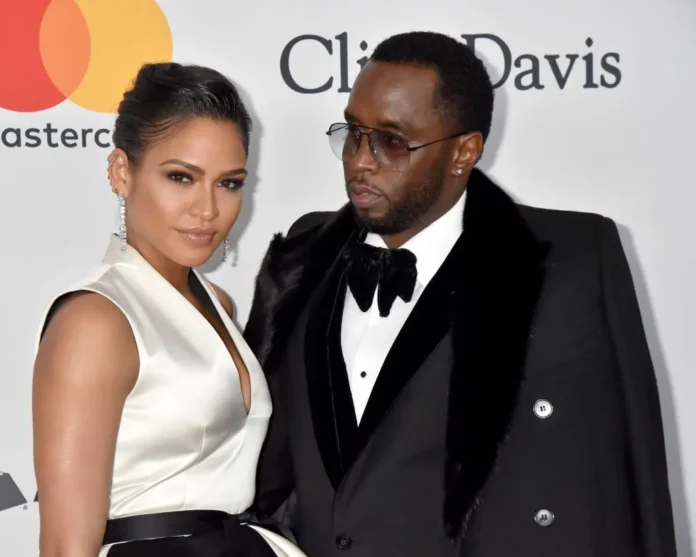Bail Denied Despite Partial Acquittal
Sean “Diddy” Combs will remain in federal custody after a judge in New York denied him bail, even though a jury cleared him of the most severe charges of racketeering and sex trafficking. The decision came after a nearly two-month trial that drew intense public attention and involved testimony from more than 30 witnesses.
The court found Combs guilty of transporting individuals to engage in prostitution but acquitted him of charges that could have carried a life sentence. Prosecutors had claimed he used his fame and business influence to run an organized network that exploited women.
Judge Arun Subramanian said Combs’ history of violence weighed heavily in the decision to keep him in jail. His sentencing is set for October 3, where he could face up to 20 years in prison.
Courtroom Emotions Run High

The verdict left the courtroom tense and emotional. Jurors deliberated for 13 hours before reaching their decision. When the acquittal on the most serious charges was read, Combs dropped to his knees, lowered his face into a chair, and appeared to pray.
While the defense pushed for his release on the grounds that he posed no flight risk, pointing out that his private jet was under charter in Hawaii, the judge sided with prosecutors. His ex-girlfriend, musician Casandra Ventura, had warned in a letter that Combs could still pose a threat to victims and the public if released.
Details of the Conviction
The conviction centers on an incident where prosecutors alleged that Combs organized sexual encounters involving his partners and male escorts, sometimes filming these events. Testimony from Ventura included claims that she was coerced, threatened, and assaulted.
A pivotal piece of evidence was surveillance footage from 2016, showing Combs assaulting Ventura in a Los Angeles hotel. Security staff testified that he offered money in exchange for deleting the footage.
Prosecution and Defense Arguments

Prosecutors framed the case as part of a broader criminal enterprise. They claimed Combs relied on loyal employees to facilitate coercion, intimidation, and cover-ups. However, the jury did not find enough evidence to convict on the racketeering charge, which would have required proof that multiple crimes were committed as part of an organized network.
The defense admitted to instances of violence but argued these were isolated acts fueled by jealousy and drug use, not part of a systematic criminal operation.
My Analysis
From a legal standpoint, this case shows how difficult it can be for prosecutors to secure convictions on complex charges like racketeering. While the jury agreed Combs engaged in criminal conduct, they did not see enough proof to convict him on the larger enterprise allegations.
The denial of bail suggests the judge believes Combs poses an ongoing risk, not only to alleged victims but also to the broader community. Public reaction will likely remain divided. Supporters may view the acquittals as proof that some allegations were overstated, while critics will argue that the conviction still points to serious misconduct.
Given the number of civil suits still pending against him, this case is unlikely to be the last time Combs faces a courtroom.
Sources: bbc.com

